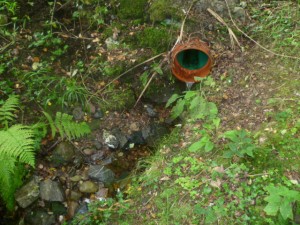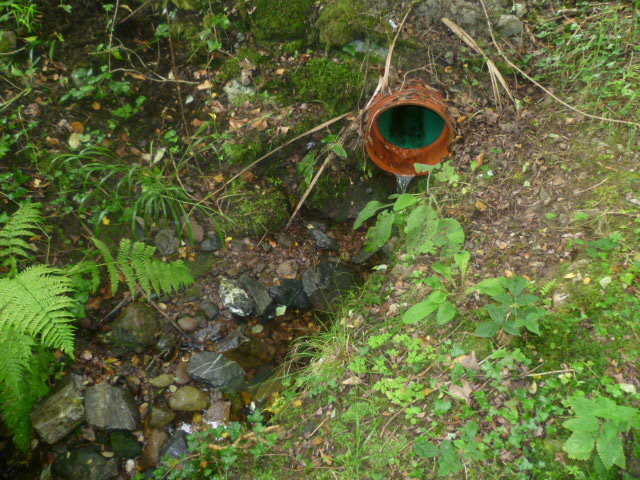
The Land and Conveyancing Law Reform Act 2009 is designed to help adjoining property owners resolve any disputes about works on or near the boundary line between two properties if they themselves cannot come to an agreement.
Boundaries are denoted on Ordnance Survey plans and also on the title plans on the title deeds. Each registered property title has a title plan. This map shows your property’s physical rather than legal boundaries. It is not unusual that the boundaries indicated on title plans may not be accurately represented on the ground.
What do you do if you as a home owner or a neighbour complains that a new wall is overlapping their property, or their new extension takes up part of a pathway between your houses. A small difference in interpretation can quickly become a major dispute involving solicitors’ letters and court action. The legal costs involved may also be substantial so it pays to get a better understanding and independent assessment before rushing into legal action or challenging your neighbour on the boundary location.
What should you do.
Appoint a building surveyor, who can help you understand any issues about the boundary. Ideally the surveyor should have specialist knowledge in this area. The building surveyor can provide a report to your solicitor if required.
Marking out the exact boundary
Accurately identifying the boundary between two properties often requires specialist knowledge. The red line drawn around a property on the Land Registry plan only shows the general boundary. It does not identify whether the exact boundary runs along the centre of a wall or hedge or along one side of it. Ordnance Survey maps are equally unreliable because, as part of the mapping process, they do not mark exact property boundaries. So a line surrounding the property is not necessarily the property boundary. Also the use that both parties have made of the boundary wall can give easement rights over the boundary wall even though the they may not own it.
A boundary can change over time for many reasons, like a re-planting or positioning of a hedgerow or a fence that moves slightly every time it is replaced. The reason for such changes is rarely recorded and can lead to disputes, especially if the owner has lost the right to move the boundary line back to its original position.
Property Health Check have experienced engineers who will provide mapping expertise to your solicitor to enable disputes to be resolved.

